Text: Hélio Nguane
Photo: Yassmin Forte
Edição 78 Março/Abril| Download.
António Prista – “As long as we’re alive, there’s time to learn”
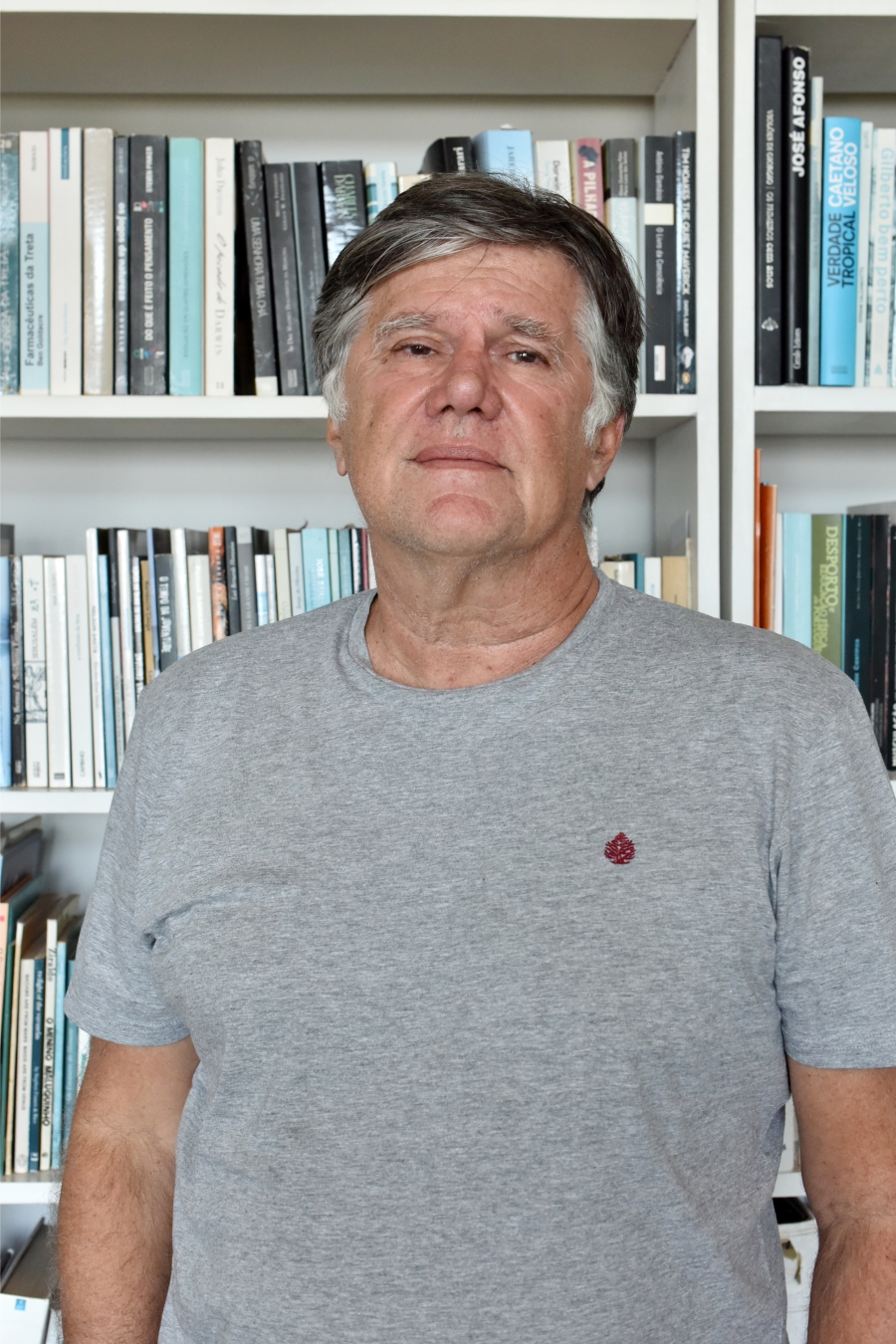
Every day, he watches the sea, in the distance, without hearing the intense sound of the waves. He looks at Maputo and the world he lives in from a particular perspective: his gray hair and the experiences he’s lived have sharpened his lenses.
Advertising
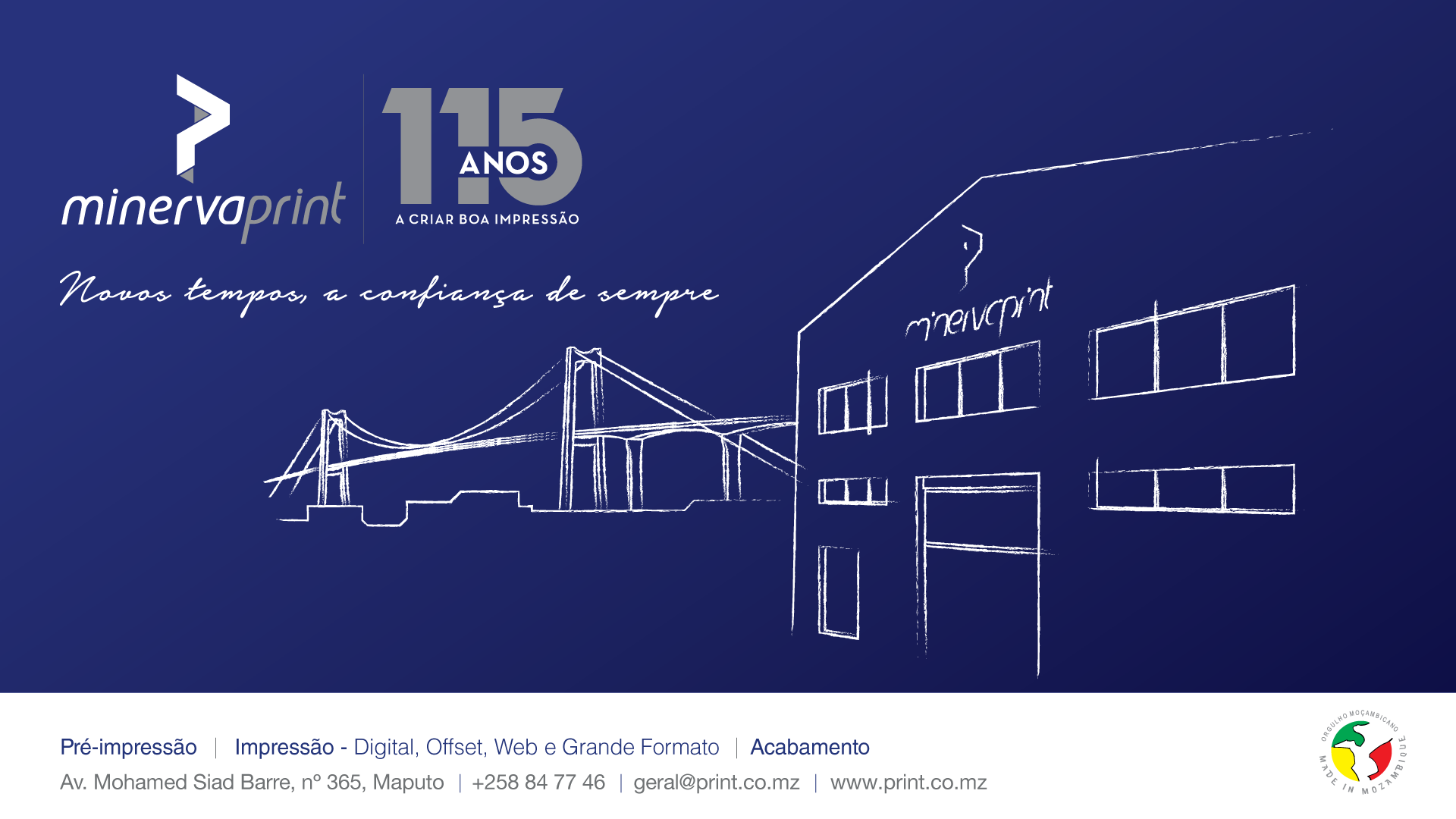
While drawing artificial clouds on the balcony, he contemplates the few clouds that fill the sky, reliving the beginning of the 1970s, socializing with friends, to the sound of Zeca Afonso. In his memory, songs like “Vejam Bem” (“Notice well”) and “Traz Outro Amigo Também” (“Bring Another Friend As Well”) still echo with intensity. “In colonial times, we played forbidden songs, as a form of protest against the system. After independence, we still met regularly, cheered by happier music and conversations. In the group, we had professional musicians, like Arão Litsure, Joel Libombo and Hortêncio Langa”, he tells us.
When he turned 50, Prista put together a show for around 200 people, with help from Hortêncio, who brought along other musicians. “I spent the following year in Brazil as a visiting professor at the University of São Paulo. When I came back, the band had been created,” he says, referring that the name TP50 stands for “Tó Prista 50 years old”. “But now it has multiple meanings, we are concerned with the dissemination of human values and artistic qualities, through tributes to ideals and social role models,” he adds.
Despite being immersed in music, he still considers himself a lover of this art. Professionally, he labels himself as a teacher and researcher interested in the effects of physical inactivity, which led him to research urban planning to understand how its positive or negative influences. “I went into science to study reality and look for solutions,” he stresses.
Prista’s DNA as a researcher is patent in TP50’s coordination. One can feel it in the level of organization present in the group, as well as in the precise attainment of its goals. Unlike many other bands, TP50’s website features their annual schedule, which includes three major shows – the first being “Os Saltimbancos” (“The Jugglers”), an adaptation of a children’s musical play by Brazilian artist Chico Buarque de Holanda; “Recriançando no CCFM” (“Re-playing at CCFM”), an entertainment program for children, which includes games, dance and music with the participation of children. Another show is “Olhar Moçambique” (“Looking at Mozambique”), which is a cultural journey across Mozambique. Based on works by author Calane da Silva, the multidisciplinary presentation travels through different parts of the country.
It was only when the group celebrated its 10th anniversary that Prista deeply felt its impact. “I realized there was no way we could stop.” And they haven’t – the group is now 15 years old, with around 50 shows, a website on Mozambican music, on the way to their forth songbook and a busy schedule. “Even with insufficient cultural policies and solid sorces of funding for the sector, we remain firm.”
With his feet on the ground, he says that he once firmly believed in politics and a few utopias. However, he is now setting foot on the ground of things, with scientific theories and melodies that give him strength to create and help improve the outlook for those who are yet to come. That’s also why Prista is worried about the new generation. “As my old friend Hortêncio used to say, life is beautiful when we do good for others. Young people must read and interpret society to do the best for it,” he stresses, pointing out that that’s how he raised his children.
“I believe practice shapes you. If I want my (children) to be honest and generous, I have to educate them with my good examples,” he recommends, saying that besides being good examples, he is their unconditional fan. “I follow their work and actively support them,” he says, adding that three of them are in TP50.
The future belongs to the Supreme Being, so as long as he is still breathing, Prista is open to new experiences. “Learning is ongoing. As long as we’re alive, there is time to learn”, he concludes.
Edição 78 Março/Abril| Download.

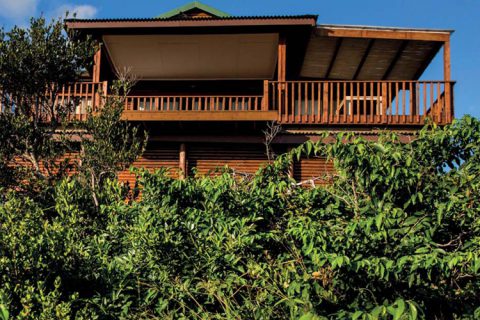


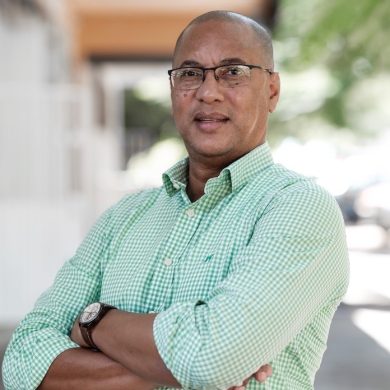
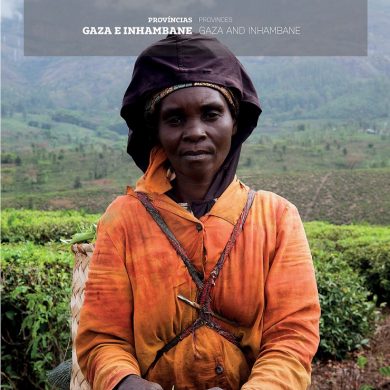

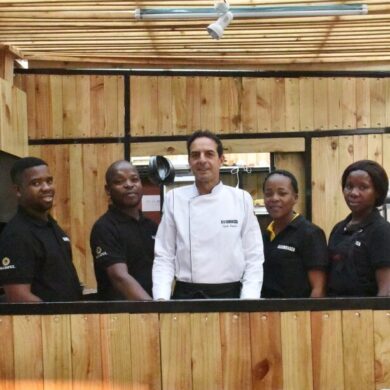

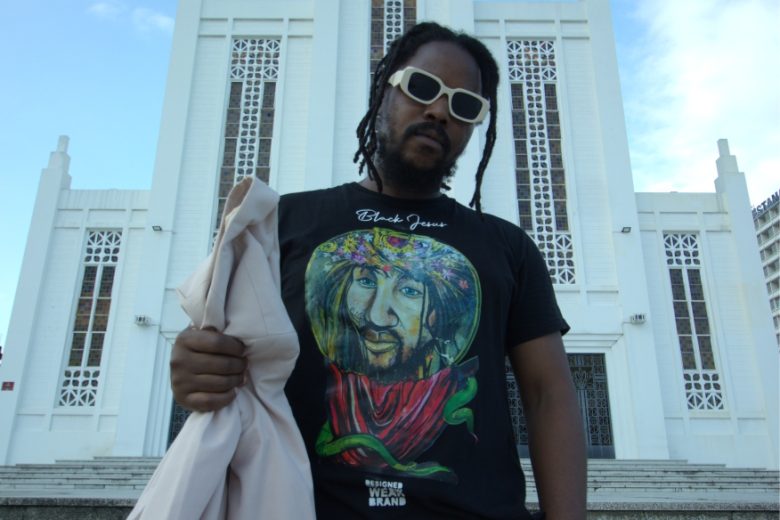













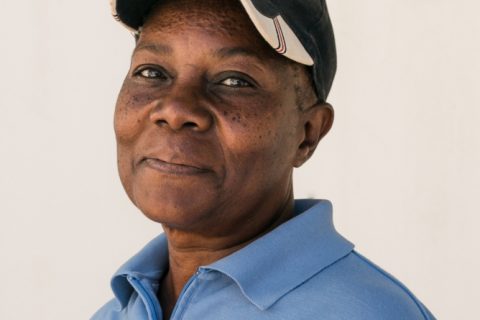



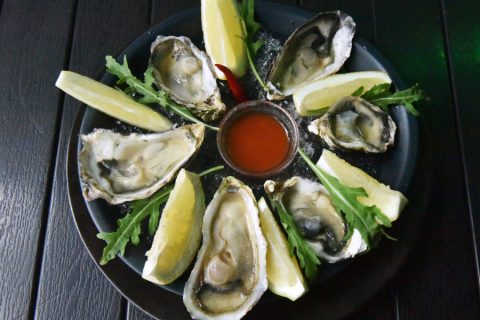
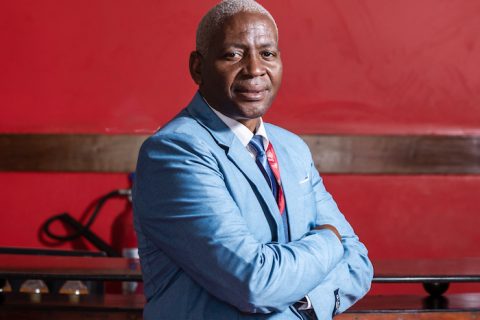






0 Comments